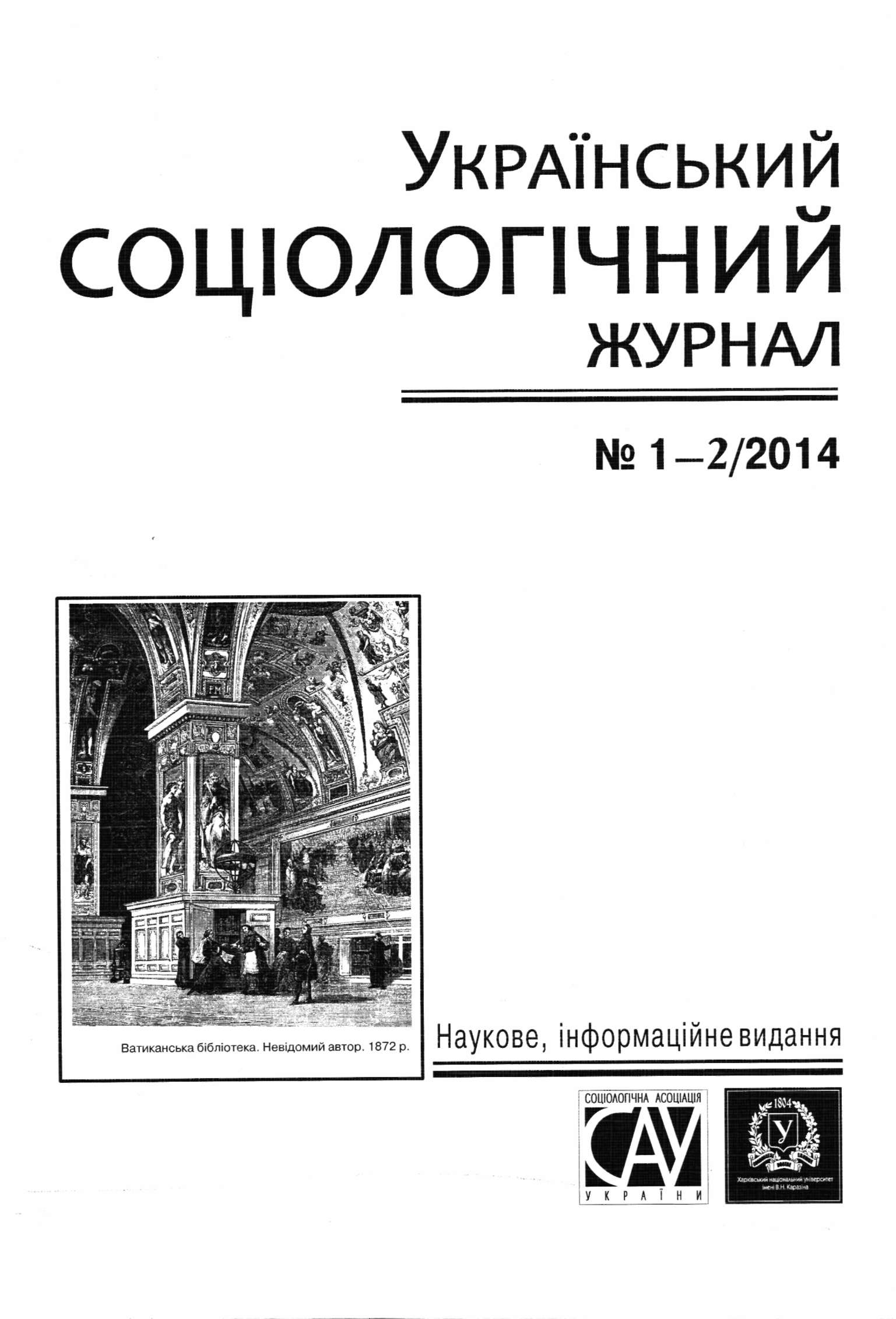European identity in the academic discourse: constructing a cosmopolitan image of Europe
Abstract
This article explores the processes of European identity’s discursive construction in the framework of contemporary cosmopolitanism theories, in particular – concepts developed by Ulrich Beck and Gerard Delanty. Considering Beck’s contribution in cosmopolitanism conceptualization, the author focuses on the notions of “methodological” and “banal” cosmopolitanism and their role in comprehending Europe as a real cosmopolitan empire. In Delanty’s theory of cosmopolitanism a distinction between European and other cosmopolitan projects is underscored and its connection with social theorists rather than Brussels officials is stressed. Finally, Florian Pichler’s empirical study of European cosmopolitan identity is considered and its significance for verification of the key cosmopolitan theory assumptions.
Downloads
References
Delanty G. Cosmopolitan Perspectives on European and Asian Transnationalism / G. Delanty, B. He // International Sociology – 2008. – Vol. 23. – No 3. – P. 323-344.
Beck U. Redefining the Sociological Project: The Cosmopolitan Challenge /U. Beck // Sociology — 2012. — Vol. 46, — No 1. – P. 7-12.
4. Beck U. Cosmopolitanism: Europe’s Way Out of Crisis / U. Beck, E. Grande // European Journal of Social Theory — 2007. — Vol. 10. — No 1. – P. 67-85.
Delanty G. The Cosmopolitan Imagination: Critical Cosmopolitanism and Social Theory / G. Delanty // British Journal of Sociology – 2006. – Vol.57. – No 1. – P. 25-47.
Delanty G. Rethinking Europe: Social Theory And The Implications Of Europeanization / G. Delanty, Ch. Rumford. – London, New York : Routledge, 2005. – 244p.
Pichler F. How Real is Cosmopolitanism in Europe? / F. Pichler // Sociology – 2008. – Vol. 42. – No 6. – P. 1107–1126.
Fossum J. Review essay: A cosmopolitan constellation? / J. Fossum // European Journal of Social Theory – 2011. – Vol.14. – No 2 – P. 235-248.
Fine R. Introduction Cosmopolitanism: Between Past and Future / R. Fine, V. Boon // European Journal of Social Theory – 2007. – Vol. 10. – No 1. – P. 5-16.




